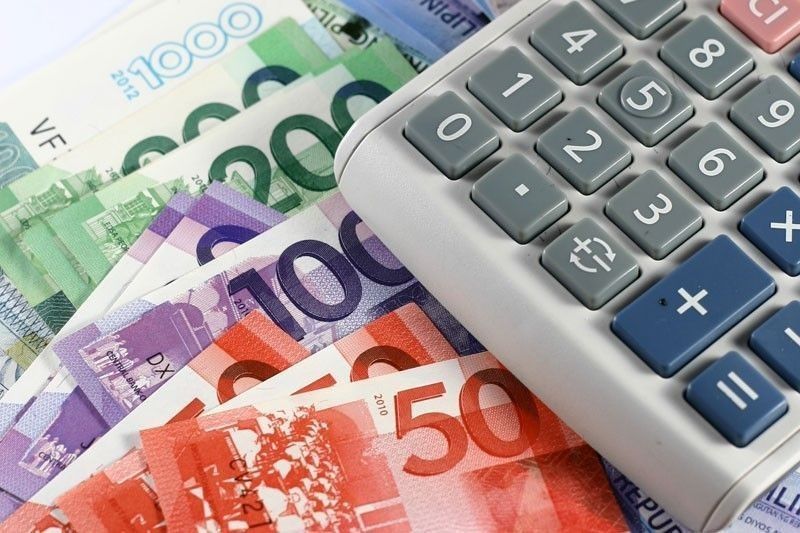Coronavirus loans push up government debt to P8.6 trillion in April

MANILA, Philippines — Foreign loans secured to fund the government’s billion-peso response to the coronavirus pandemic have started to pile up on the state's balance sheet, the Bureau of the Treasury reported on Tuesday.
Liabilities hit P8.6 trillion as of end-April, up 1.4% from the previous month’s revised P8.477 trillion. Since the start of the year, obligations grew 11.2% from the end of 2019, figures showed.
Compared to same level last year, debt rose 10.4%, running at its fastest rise the global financial crisis in 2008. At the time, year-end debt rose 13.6% on an annual basis.
It is typical for obligations to pile up every month as the government borrows to finance its budget deficit which, in recent years, has persistently widened in absolute value. But the double-digit increase four months into year has appeared as an outlier for what had been a manageable rise in liabilities.
Treasury, in its report, acknowledged this and pointed to the need to raise funds “to address the 2019 coronavirus disease (COVID-19) pandemic.”
Broken down, 67% of the debt stock is in peso currency, amounting to P5.86 trillion, inching up 0.9% from end-March level. Foreign debts, meanwhile, cornered a third of the pie and accumulating to P2.737 trillion, 2.7% higher month-on-month.
In terms of peso debts, the tempered increase was a result of a stronger peso that trimmed the value of the $2.5-billion onshore dollar bonds issued that month. Since the securities are payable in peso and issued locally, they are recorded as part of domestic debts and not external obligations.
Offsetting the stronger peso was the P300-billion borrowing from the central bank which was belatedly recorded as part of the March debt tally. The Treasury also floated its own bonds and bills, whose outstanding stock rose 0.9% to P5.56 trillion as of April.
But the biggest increases in debt were recorded in foreign loans. As of end-April, direct credit extended by bilateral and multilateral agencies such as the World Bank and Asian Development Bank (ADB). This segment went up 7.7% month-on-month to P1.14 trillion, data showed.
The increase far exceeded 0.6% decrease in foreign bond holdings to P1.596 trillion due to “local currency appreciation.” The government holds bonds in US dollar, euro, yen, yuan and peso global currencies.
Further increases in the debt pile is to be expected. Over the weekend, the finance department said the agency has signed $4.55 billion in loans from World Bank, ADB and Asian Infrastructure Investment Bank. Not all loans had been credited to state coffers yet, so not everything have been recorded to the government’s balance sheet yet.
On top of that, the Duterte administration also widened its budget deficit limit to P1.5 trillion this year, as it looks to source more cash to spend on contingency programs against the pandemic, all while revenues are projected to slump due to lack of economic activity.
- Latest
- Trending




























